Jonathan Wendel elected into Academy of Arts and Sciences
Shaping the evolution of plants, Polyploidy, or genome doubling, is the focus of Distinguished Professor in the Department of Ecology, Evolution, and Organismal Biology Jonathan Wendel’s research.
Jonathan Wendel, a distinguished professor in the department of ecology, evolution, and organismal biology, has been elected into the American Academy of Arts and Sciences among 270 members.
As an honorary society and an independent policy organization, the academy recognizes many accomplished individuals working towards a common good.
“This kind of tangible endorsement by people whom I have so much respect for, it is deeply felt personally,” Wendel said. “I just feel so deeply honored about it.”
Wendel said being elected as a member of a prestigious academy after 37 years of work means many respected individuals and his scientific heroes acknowledge the value of his contributions and deem them significant enough to be recognized.
Wendel’s research focuses on how polyploidy, or genome doubling, shapes the evolution of plants. Wendel said his fascination with plants and genetics fuels his research and work with polyploidy.
“What interests me most is the great diversity of plant life on Earth, and how it all came to be, what we can learn about it by studying [plants’] genomes, and what this has to do with biodiversity, with ecology, with everything in the whole biosphere,” Wendel said.
Wendel said he has been studying genome doubling with students, colleagues and collaborators in his lab. He said he has been incredibly fortunate in the plethora of discoveries he has made while investigating the inner workings of genomes.
“Everything we touched […] discovery after discovery after discovery was made as we probed what was going on in the genomes,” Wendel said.
Wendel said once he and his collaborators began researching, they entered an era where genome sequencing became more prominent. He said when the original discovery of genome sequencing in humans occurred, it was an enormous achievement.
“Billions and billions of dollars in many labs all over the country went into this […] Each cotton genome, cotton is my model, is about the same size as a human genome, and we can sequence hundreds and hundreds of them now,” Wendel said.
Wendel said at the beginning of his studies of genome doubling, it was known that the study of genomes was important within plants, but he did not initially understand how omnipresent and ubiquitous it is.
“If you take one plant and you cross it [with] another plant, you have a hybrid,” Wendel said. “It has two different genomes in it: one from the seed parent and one from the pollen parent. If you double those genomes, now you’ve got a plant that has twice the number of chromosomes as either parents.”
Wendel said the largest challenge is understanding how to connect genotype to phenotype, genome to form and genome to function.
“It turns out that all your DNA is wrapped around many little proteins, and there are other proteins that are attaching to your DNA, and they’re turning genes on and off […] this is called epigenetics,” Wendel said. “[In] your epigenome, all of this complicated protein machinery, small RNA machinery is running the show, and we don’t know how that works.”
Wendel said this is why organisms do not all look alike and why there are more than one species on Earth.
Beginning his career at the University of Michigan as an undergraduate student majoring in math, Wendel said he eventually found botany as his passion.
“I didn’t know what I was going to do as a math major first, I didn’t like it, and then kind of dropped out for a little while, then went back to college and discovered botany, plants, and I fell in love,” Wendel said.
Wendel said his inherent interest in diversity, with the ‘genomic era’ developing, led to his work melding molecular biology and the genomics approaches to his understanding of evolution and the great diversity of plant life.
Wendel said around 15 years ago, he received a phone call from Yale University Medical School regarding his work with gene expression in cotton.
“It turns out that polyploidy genome doubling is super high frequency in cancer […] so it turns out now here we fast forward to today, over half of all human cancers have chromosome doubling,” Wendel said.
Wendel said he does not know if his work will relate to experimental research in cancer biology. He analogized the field of science with a beehive, adding that it is slightly chaotic but progressing rather poetically.
“Science is like this one, big, humming, global beehive, and you can only see the limited distance,” Wendel said. “In your local neighborhood of bees, you have no idea what’s happening on the other side- but I like to think of the world buzzing in this beautiful harmony.”
Wendel said his work-life balance has progressed to now be well-balanced and intertwined. He said he moves seamlessly between all aspects of being a father, husband, grandfather, athlete and scientist.
“I don’t mind my work, I don’t feel like I have a job, I feel like this is who I am,” Wendel said.
Wendel said for aspiring scientists, it may not always be evident and, at times, requires more conversation to realize everybody has important input. He said listening to others and learning from what they say is crucial.
“We’re all in this together; we’re all doing research programs, we’re all doing public service, we’re all teaching students, and there’s so many dimensions to being a faculty member,” Wendel said.
Your donation will support the student journalists of the Iowa State Daily. Your contribution will allow us to purchase equipment, send our student journalists to conferences and off-set their cost of living so they can continue to do best-in-the-nation work at the Iowa State Daily.


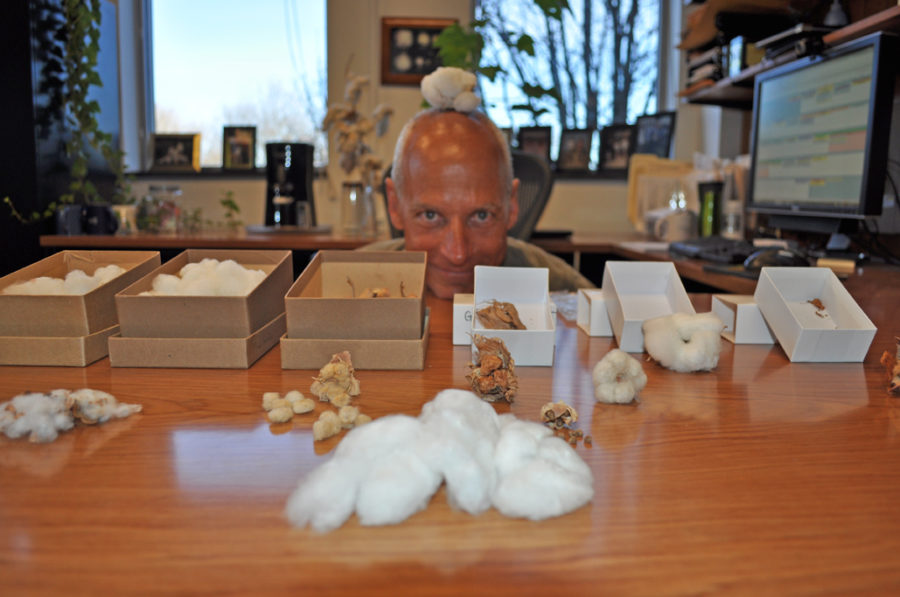





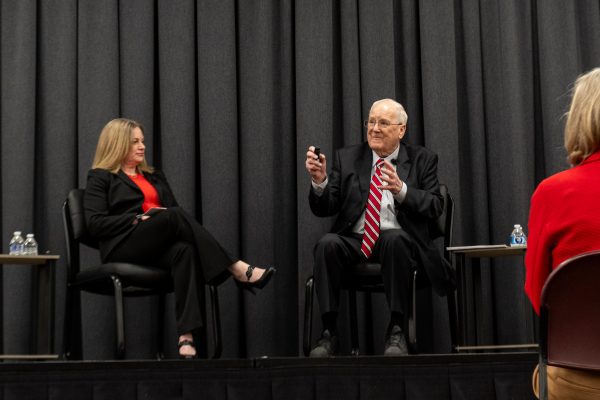
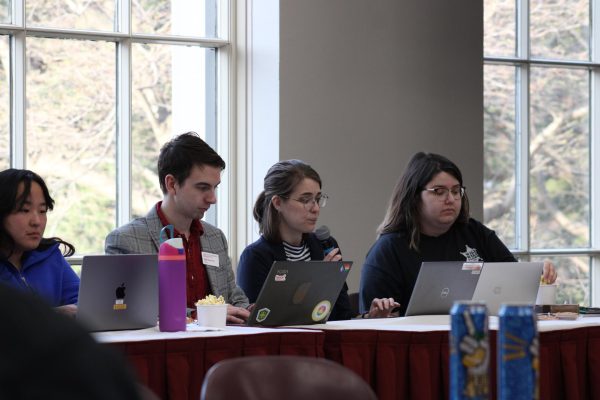
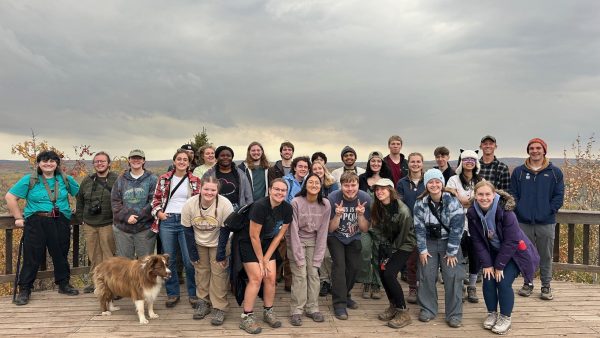
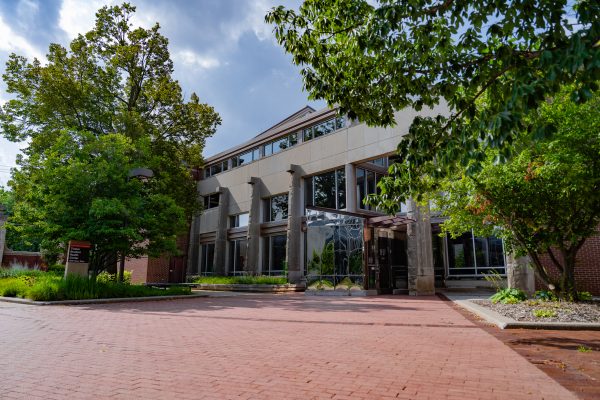
Paula Forrest | May 2, 2023 at 8:25 am
Congratulations, Jonathan!